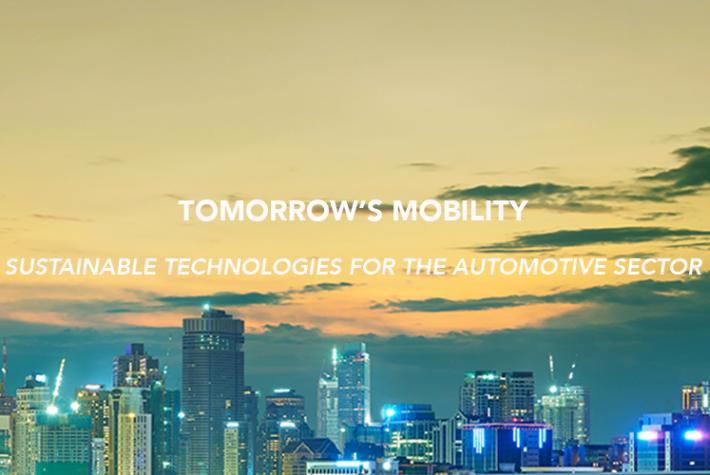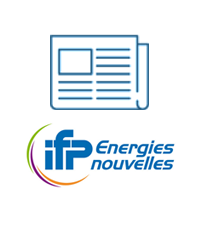26.02.2020
2 minutes of reading
Enrollments are now open!
Following the considerable success of its previous MOOC on Tomorrow’s Mobility – more than 4,500 people signed up, with a satisfaction rate of 97% - IFP School is now launching a second edition, in collaboration with IFP Training and Vedecom. Focusing on sustainable technologies for the automotive sector, the program will run for a four-week period, starting from 16 March 2020
IFP School firmly believes that technological innovations related to mobility will have a major impact when it comes to tackling environmental challenges. Its faculty members therefore came up with this MOOC to provide a wide spectrum of knowledge to students and professionals in the automotive sector:
- the environmental and legislative framework that governs forthcoming technological developments;
- the benefits and limitations of various electric and hybrid powertrains for meeting the needs and constraints of tomorrow's mobility;
- driverless vehicles and new forms of mobility.
In addition to the usual videos, interactive quizzes, discussion forums and mentoring, this MOOC uses innovative teaching methods focusing on the application of knowledge, in line with the graduate programs that give IFP School its reputation:
- virtual reality: to fully immerse yourself in connected vehicles and gain a better understanding of the components;
- serious games: to enable participants to design their own electric powertrain.

|
Useful information:
|

Key figures for the 2018 MOOC on Tomorrow's Mobility 4 981 participants |
About IFP School
An integral part of IFP Energies nouvelles, IFP School prepares tomorrow’s specialists to take up the challenges associated with the energy transition. Open to graduate students from around the world, IFP School provides a full range of training programs delivered in French or English in every area of the energy field (oil, gas, petrochemicals, powertrains, new energy technologies, energy markets). The School has built up a very solid international reputation, backed up by close partnerships with research and industrial players (each year, 50% of its student intake is international, coming from around fifty different countries, and 80% of its students are sponsored by industry.







